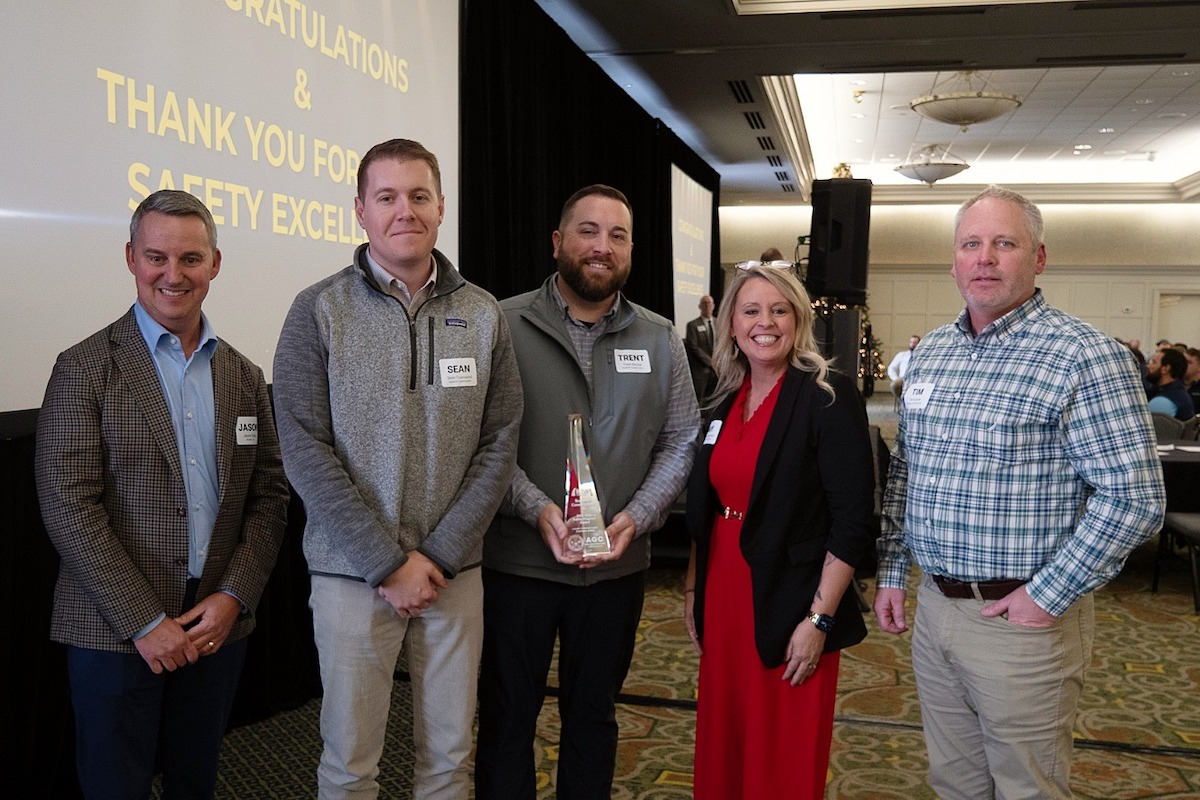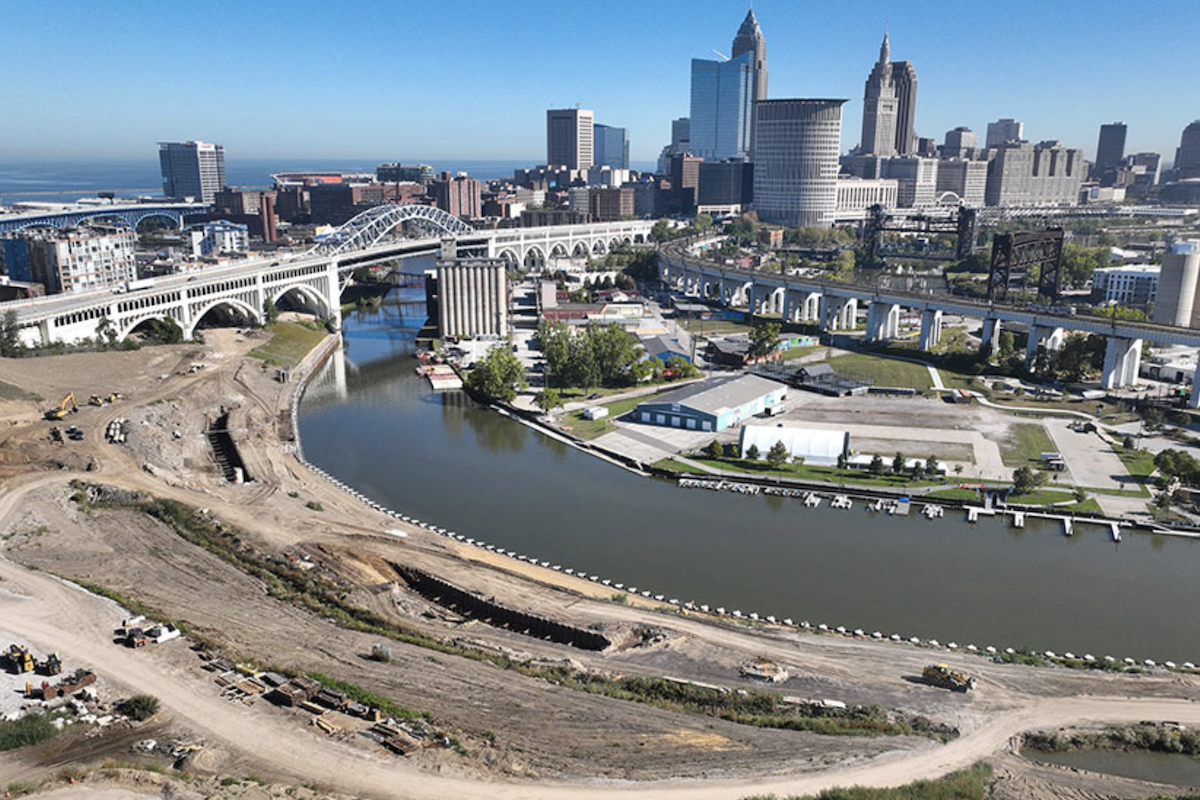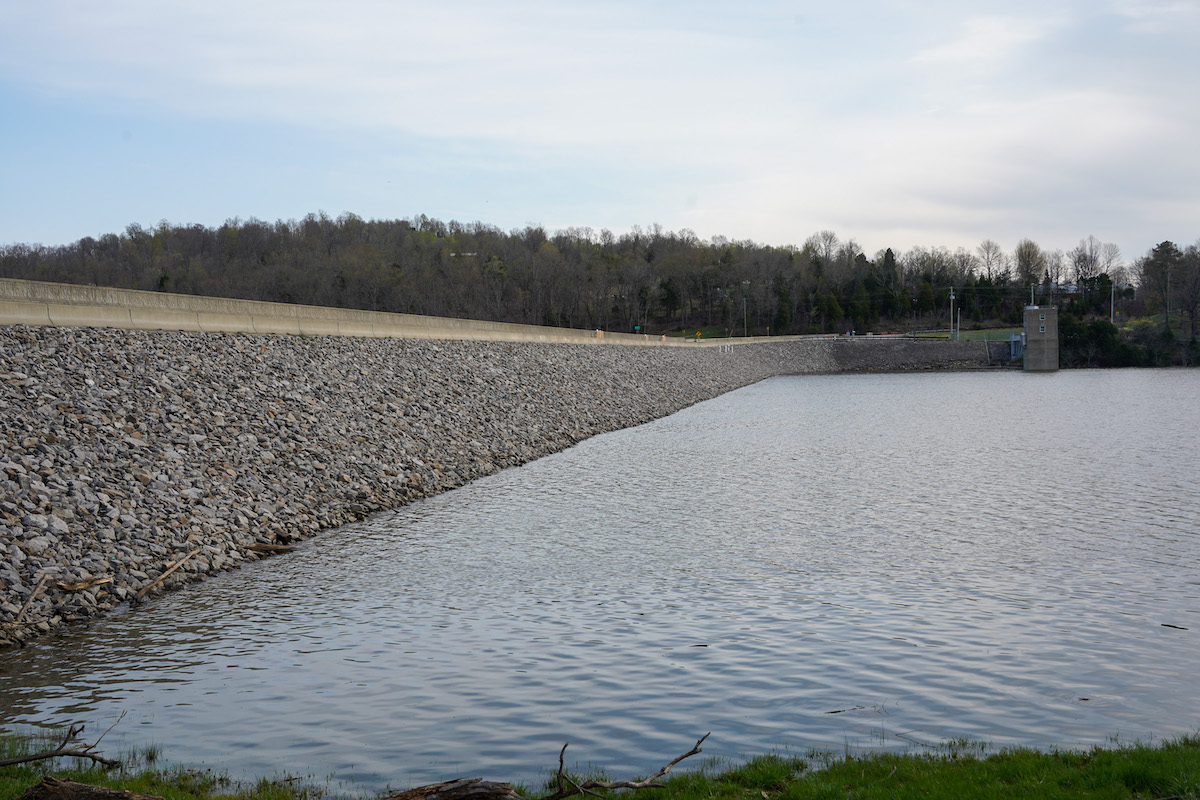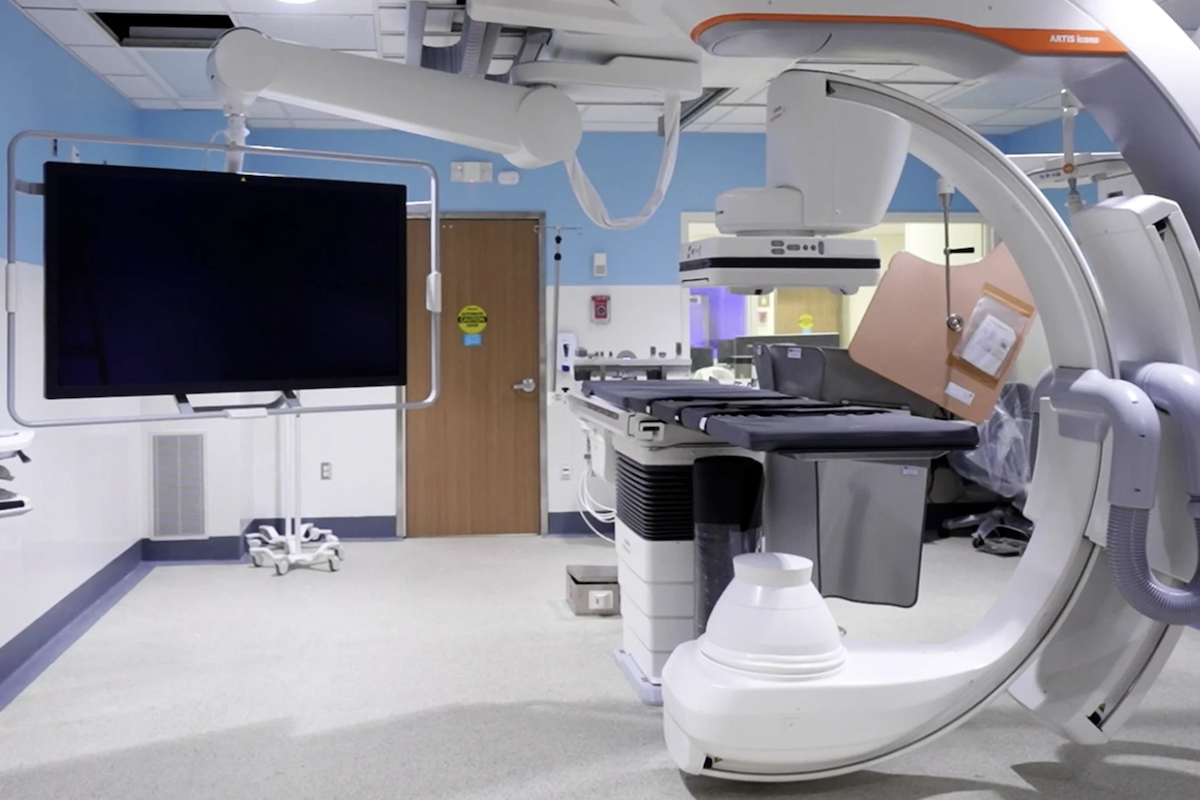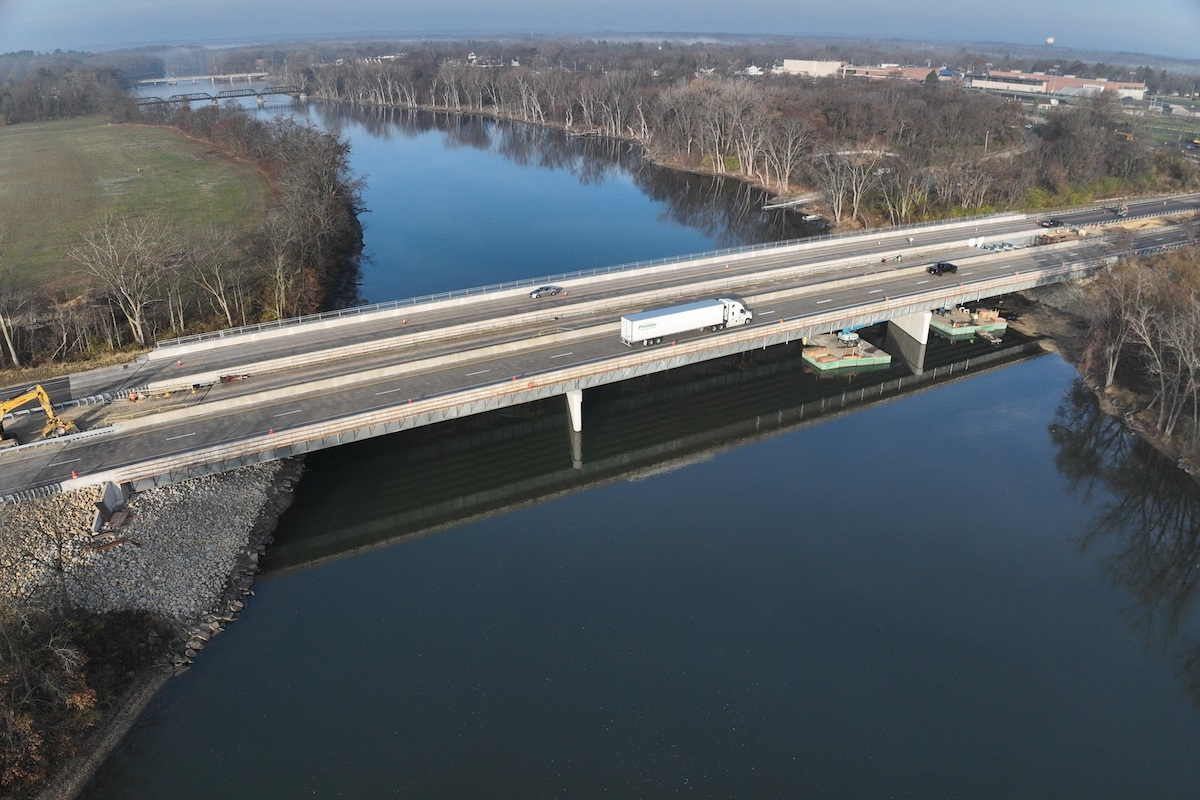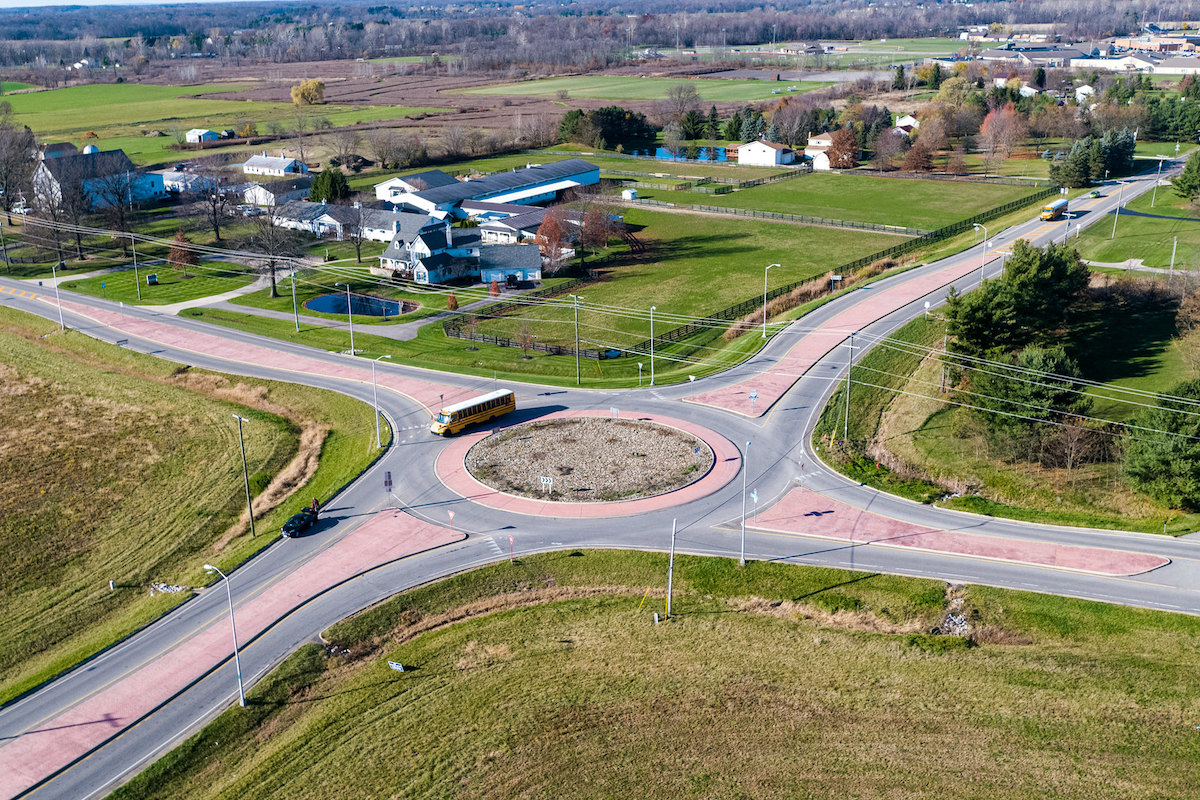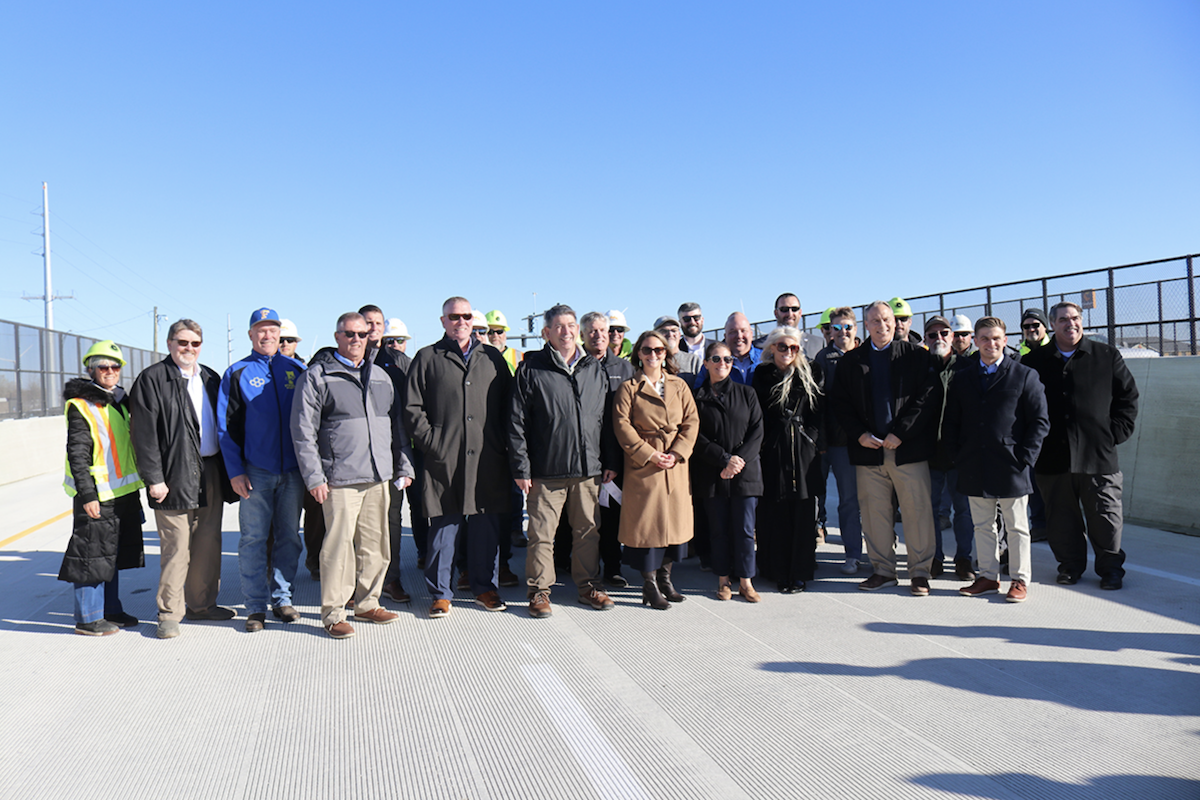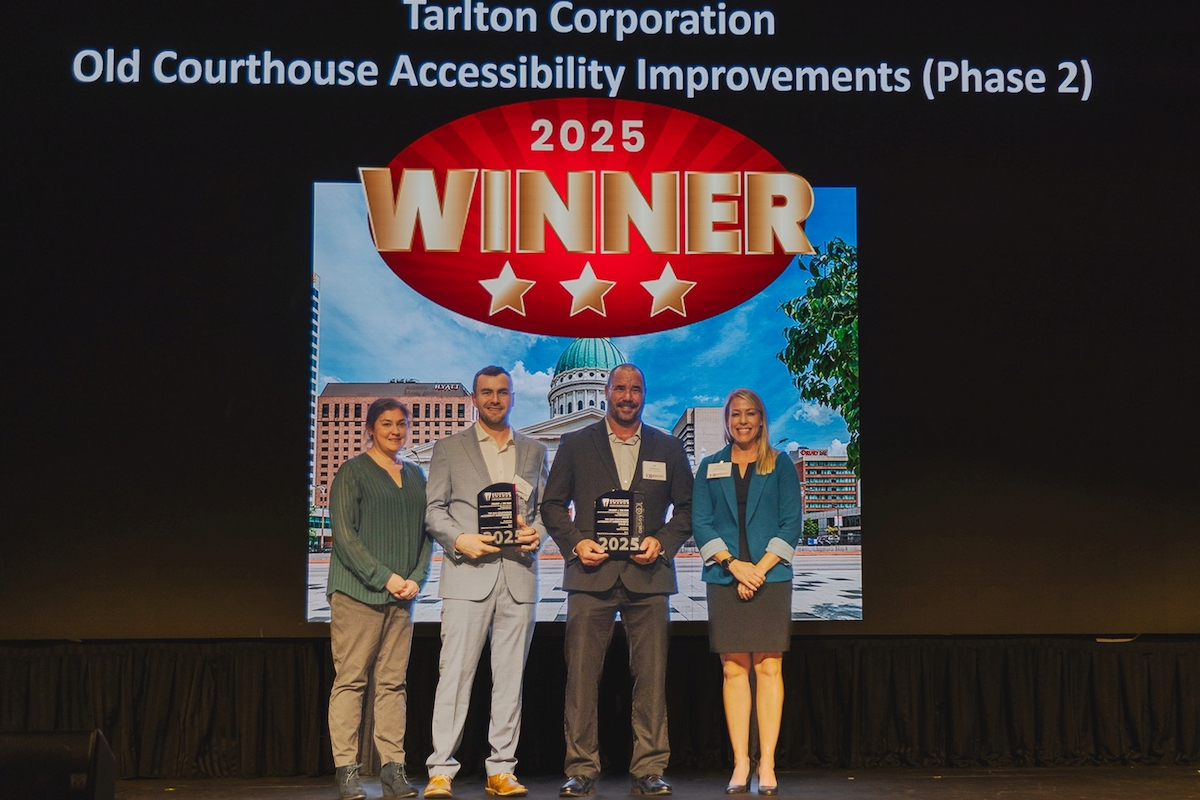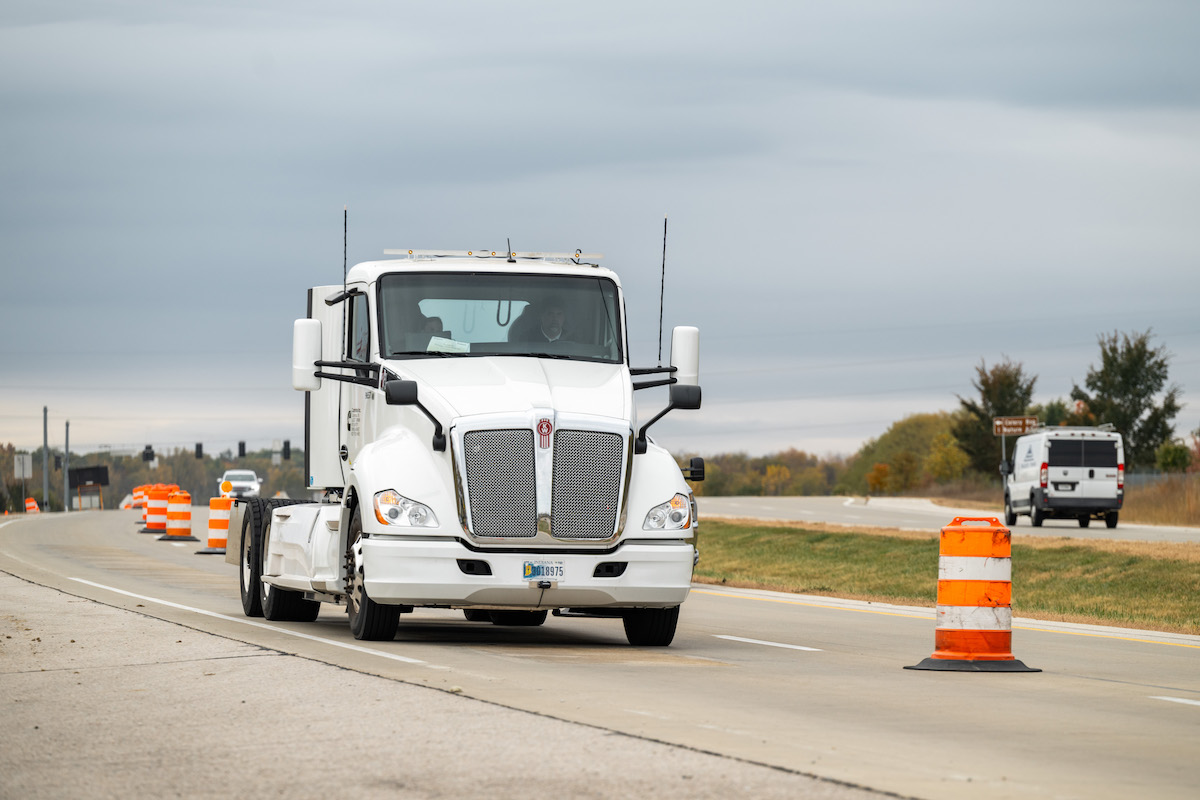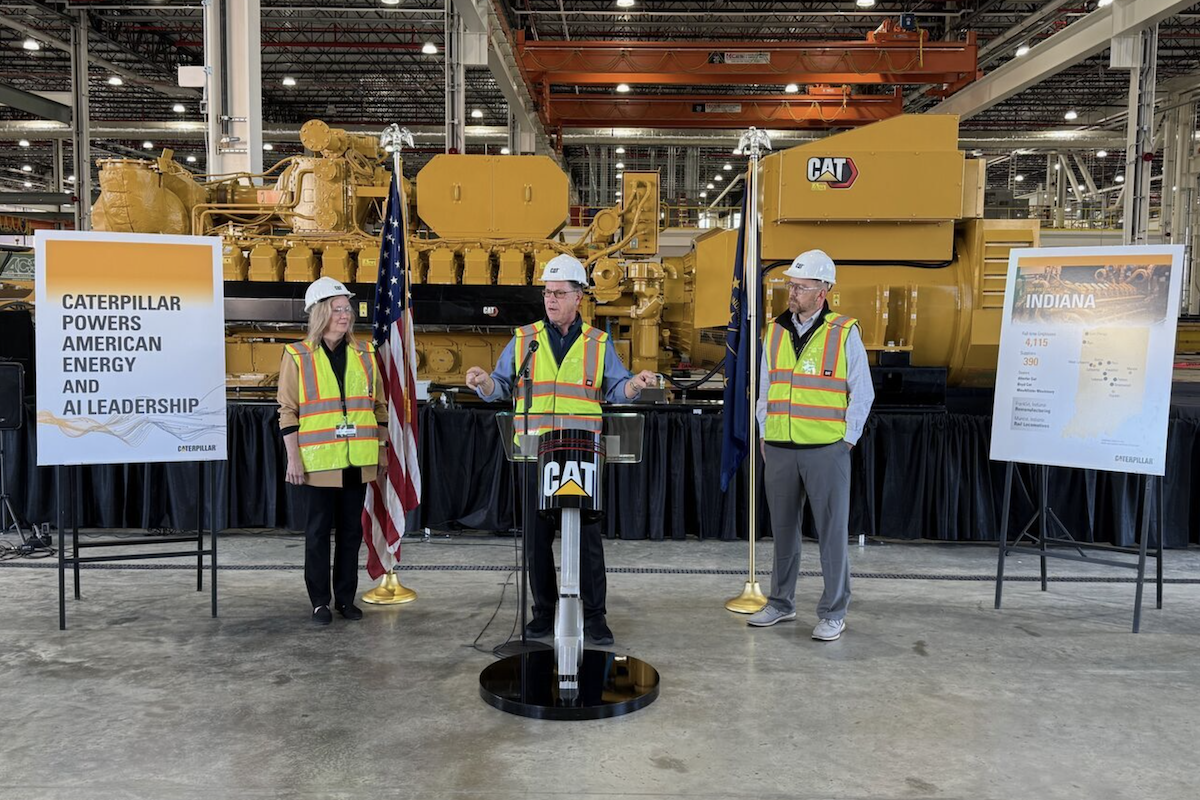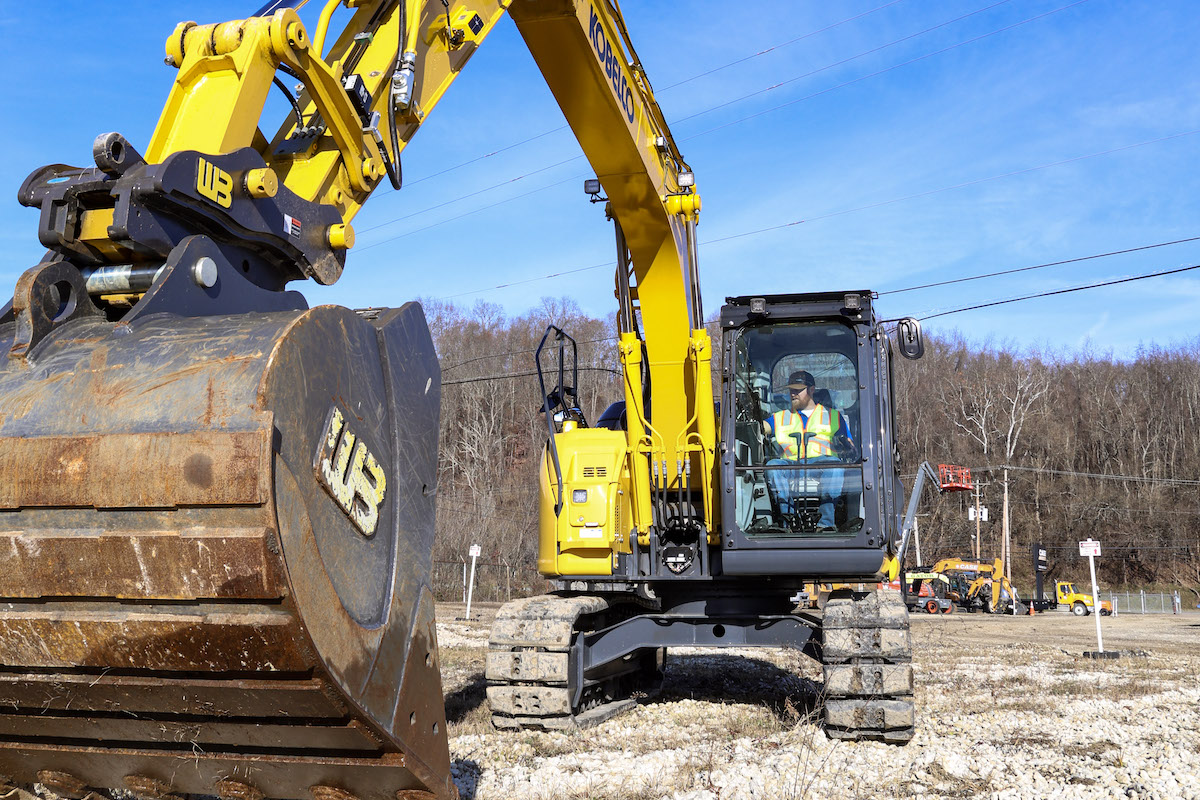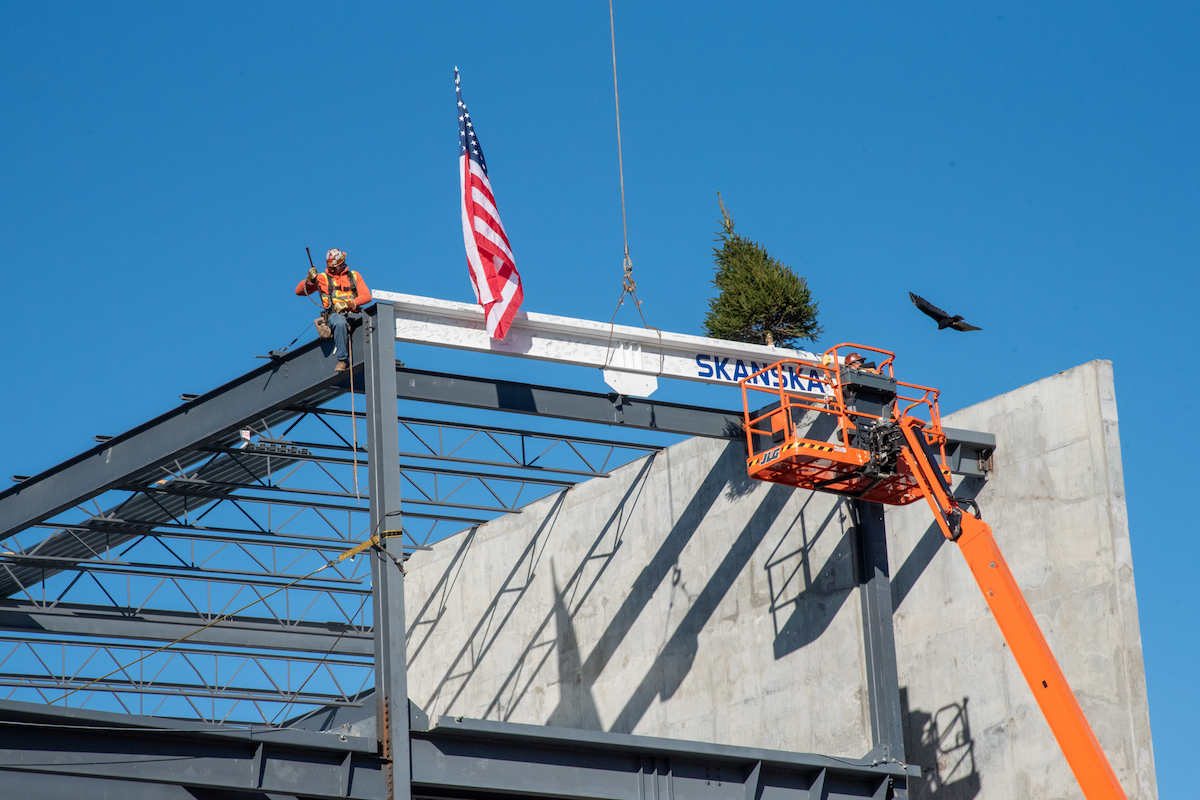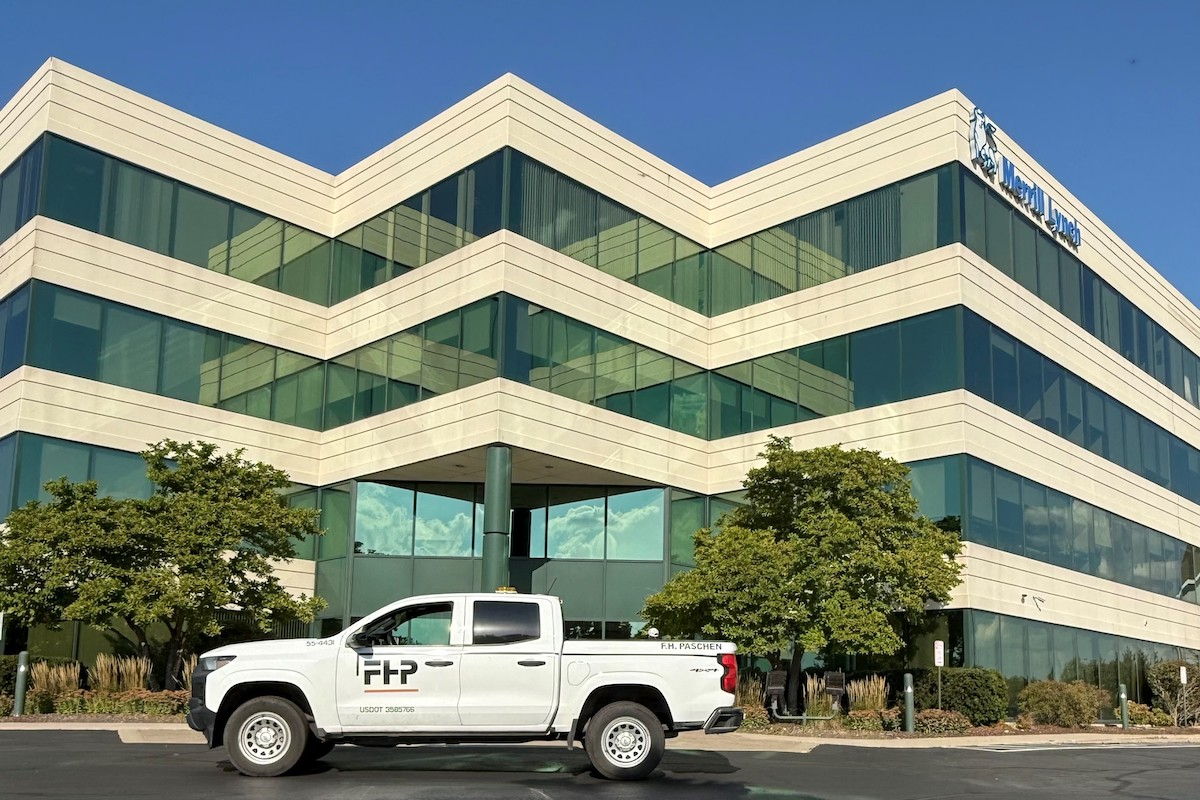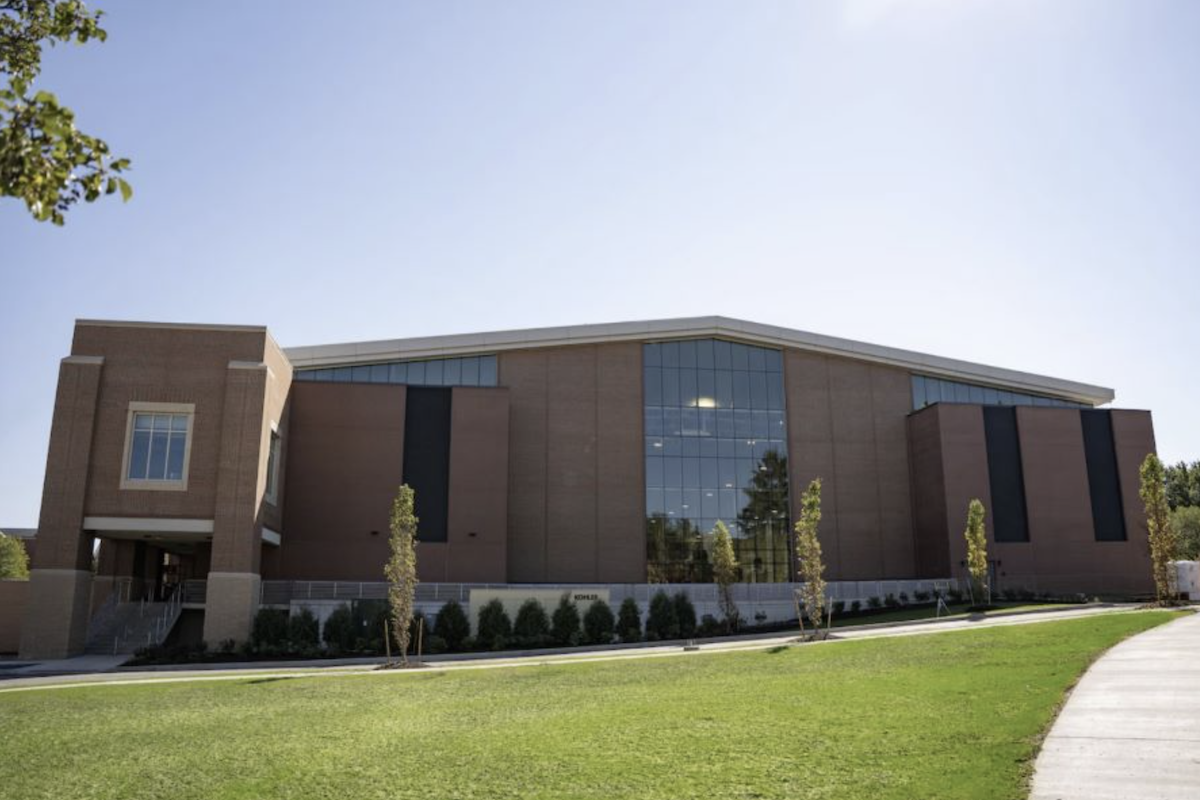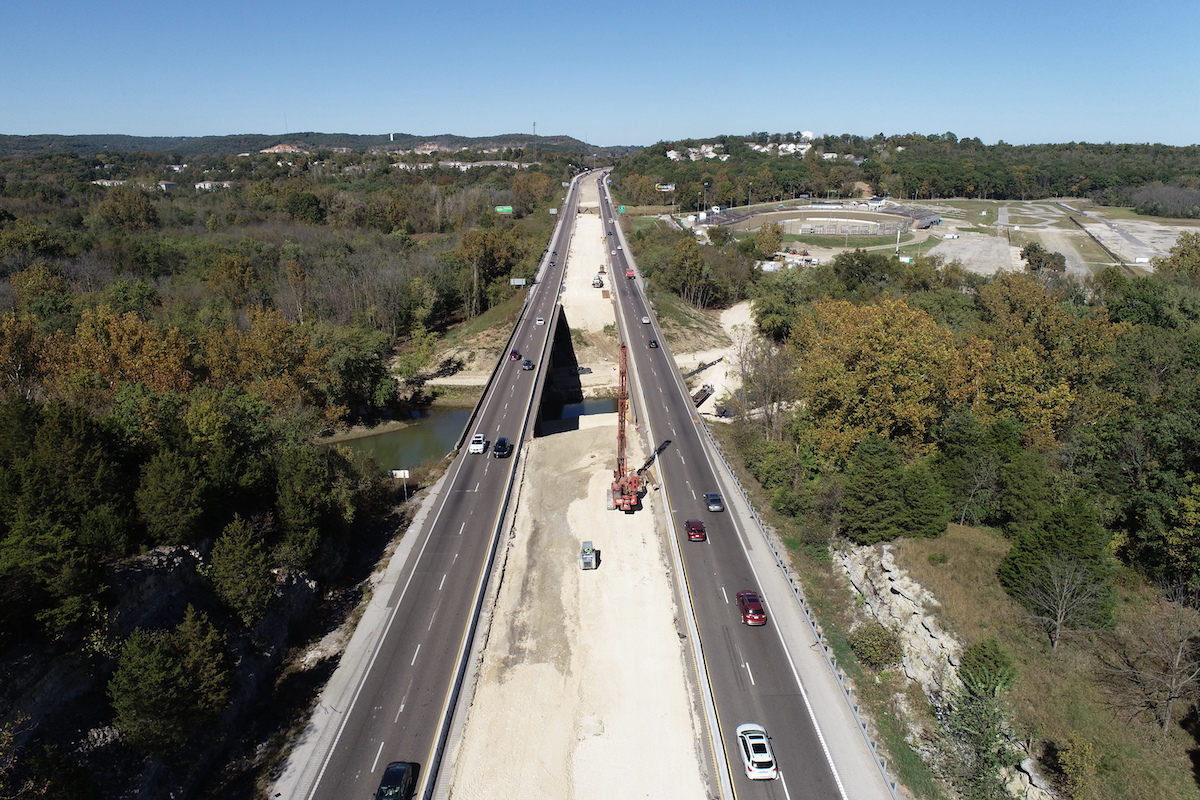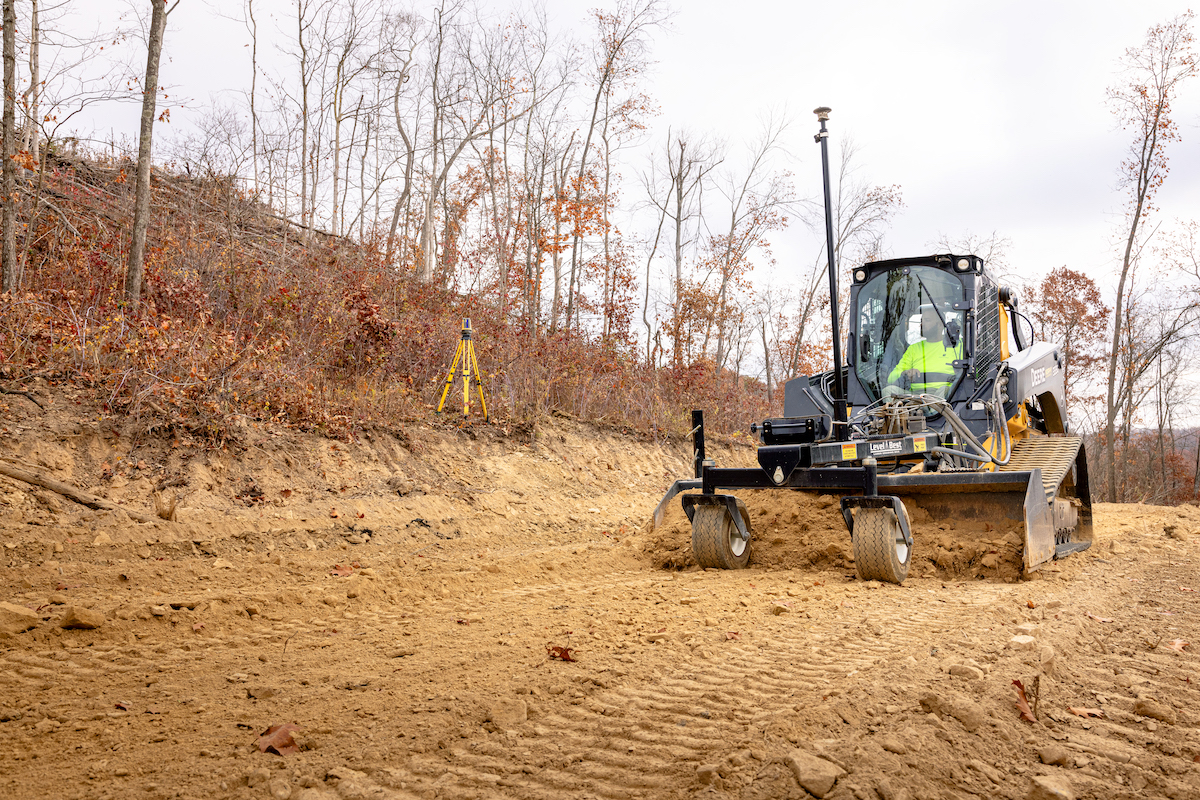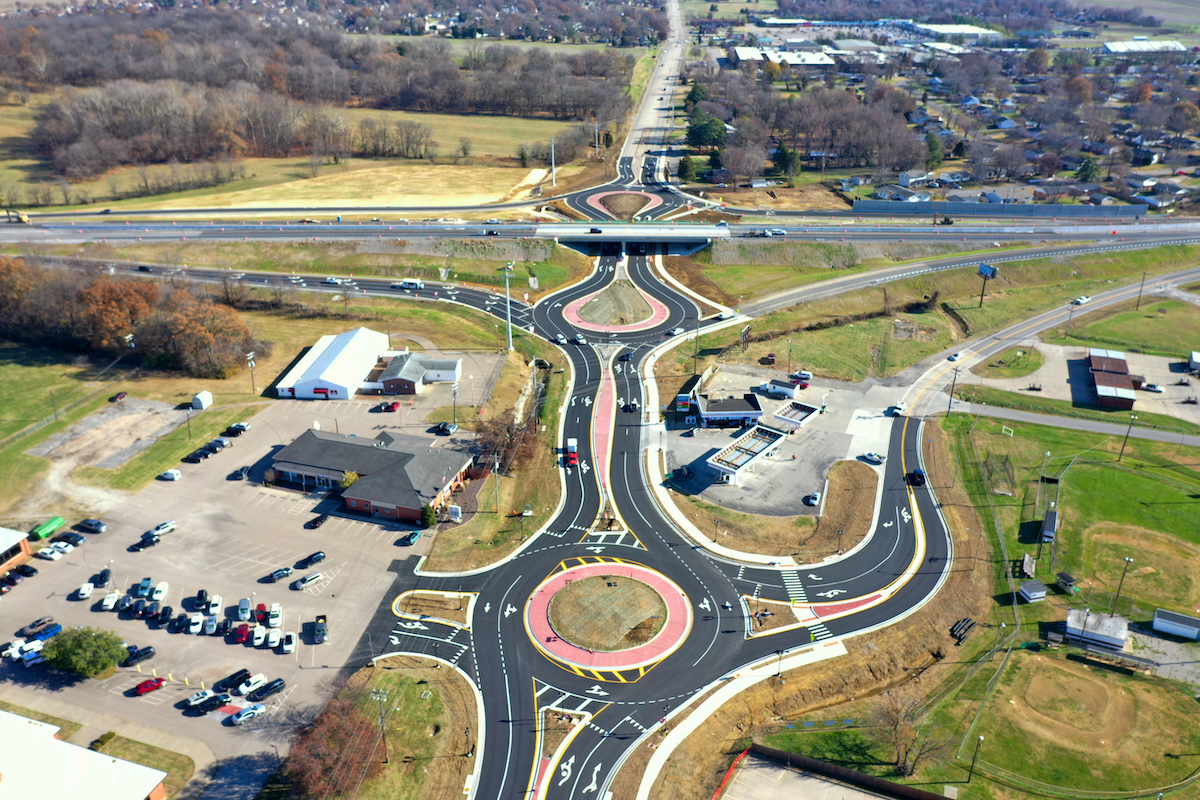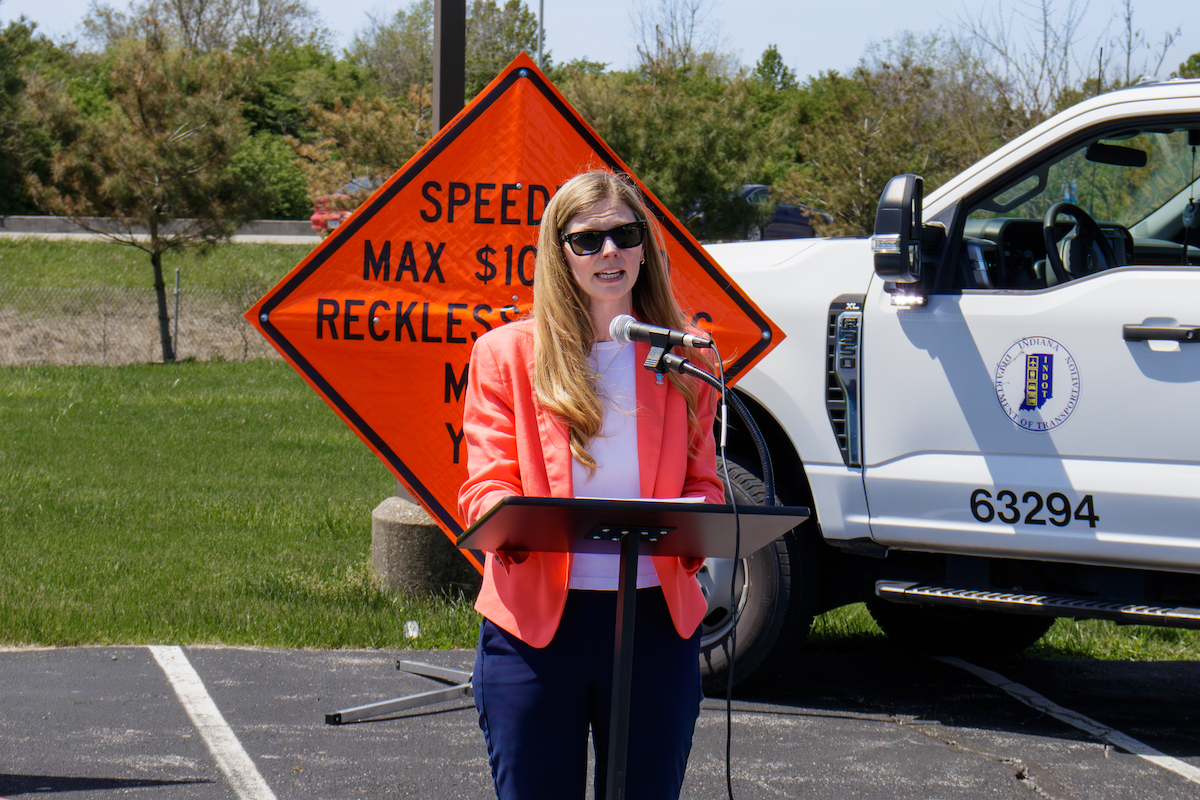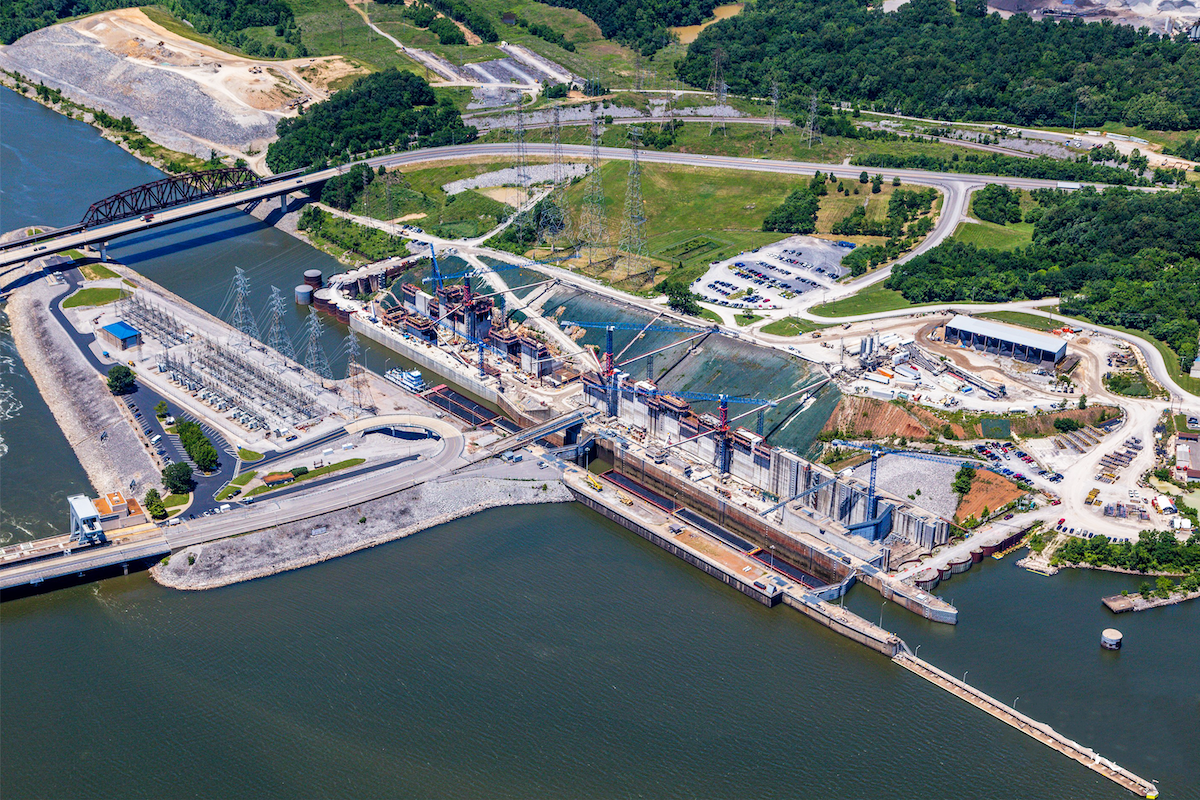“The First Coast Expressway will support current and future economic growth in the region,” says Amy Williams, Florida Department of Transportation (FDOT) Design Project Manager. “We have already seen many commercial developments come into the area due to this project.”
Population in the Jacksonville area has grown substantially. From 2010 to 2016, Duval County increased 7.2 percent, Clay County 9.1 percent and St. Johns County 23.7 percent. Seventy percent of residents of Clay County travel outside of the county for work, the highest proportion in the state, Williams reports.
Additionally, many commercial businesses have located in the area, including Amazon, Bridgestone Americas Tire Operations, Northrup Grumman, and Boeing.
The First Coast Expressway (FCE) also will serve as a hurricane evacuation route. Planning for the expressway began in the 1970s and construction started in 2013. Three projects in Segment 1 were completed in 2018 and 2019.

| Your local Takeuchi Mfg Ltd dealer |
|---|
| Brandeis Machinery |
“New alignment projects are always interesting, in particular when they contain all aspects of Florida highway construction,” says Thomas Woods, Senior Project Engineer with HNTB Corp., of Jacksonville, Florida, project construction engineering and inspection (CEI) for SR 21 to North of SR 16.
The two contracts in Segment 2, now under construction, started in 2019, and the two projects in Segment 3 are anticipated to start in 2022 and 2023. The final segment is expected to open to traffic in 2030, at which time an estimated 55,600 vehicles will drive on the road each day, according to C.J. Youmans, Project Manager with engineering firm RS&H in Jacksonville.
“The SR 23 projects were the first projects in District 2 to deliver a 3-D model to the contractor,” says Kenny Geisendorff, Senior Project Engineer, VIA Consulting Services of Jacksonville, CEI for SR 16 to East of County Road 209. “This model uses automated machine guidance technology to allow the contractor to place embankment, asphalt and concrete to the exact locations as specified in the designer’s computer model.”
FDOT awarded Sacyr Construction SA of Miami the $230 million contract for the first phase of Segment 2, the North FCE project. It includes constructing more than 11 miles of roadway and a drainage system, and building 26 bridges, five box culverts, noise walls, three toll gantries, and earth retaining walls. It also includes hauling 7 million cubic yards of fill and excavating 2.9 million cubic yards, says Joaquin Olivella, FDOT Construction Project Manager for this segment.
“This new section of the First Coast Expressway will be a new highway connecting this area of Clay County, which is a combination of industrial and residential, with the Jacksonville area,” Olivella says. “I am a believer that infrastructure brings progress to a community, connecting people, and moving goods and services. Infrastructure also boosts the local economy and incentivizes housing construction, which we have seen in real time during construction of the First Coast Expressway, both the completed segments to the north as well as those currently under construction.”

| Your local Sennebogen LLC dealer |
|---|
| Brandeis Machinery |
The North FCE project features two diverging diamond interchanges at the future leg of CR 218 and at Henley Road.
“The interchange, being constructed in a greenfield area, requires careful survey and independent checks to verify everything is in the correct location,” Woods says. “There are no visual references for this construction.”
The five-lane Henley Road is already open to traffic, requiring five separate traffic control phases.
The North FCE also has significant structure work, Woods reports, with both Sacyr and subcontractors working on the structures.
“The most significant of these bridges is a pair of deep-water bridges over Black Creek,” tributary to the St. Johns River, Woods adds.

| Your local Wirtgen America dealer |
|---|
| Brandeis Machinery |
The southbound and northbound bridges are 920 feet and 770 feet long respectively and provide for a more than 138-foot horizontal opening and 32.5-foot vertical clearance for marine traffic. The bridges are founded on driven piles and waterline footings. The piles are driven to significant depths for lateral stability and scour. The center span of each bridge is 160 feet long with Modified Florida I-beam 78-inch girders, which will have a special stability plan when set due to the long span, Woods explains.
Throughout the project, soil conditions are variable, Woods reports, with the south end of the project having predominantly sands, while the northern section contains a mix of sands and clays. The contractor had to haul in borrow.
“Sacyr arranged for borrow sources for both ends of the project, and this has kept the project moving with available resources,” Woods says.
The second contract for Segment 2 entails construction of 9.7 miles of highway and a drainage system and building 15 bridges and two toll facilities. Superior Construction Co. Southeast of Jacksonville was awarded the $180 million contract. Construction began in 2019, with an anticipated completion in 2025. This project contains one diverging diamond interchange at SR 16.
“The construction of a diverging diamond and maintenance of traffic along a section of roadway that was previously a high-speed, 55-mph, two-lane roadway is challenging,” Geisendorff says. “Traffic must be diverted in a safe manner and alignments must be shifted several times to accomplish the construction.”

| Your local Deere & Co dealer |
|---|
| West Side Tractor Sales Co |
Because FCE is not open yet, the existing two lanes of SR 16 were shifted to within one half of the new intersection.
“The two-span bridge at SR 16 has to be phased with the construction of the diverging diamond,” Geisendorff says. “The contractor is currently looking for alternatives to construct this bridge without having to implement a lengthy, 30-plus mile detour of SR 16.”
That structure is one of 15 on this portion of the project. Another at U.S. 17 has required coordination with crews replacing a nearby box culvert.
“The CSX bridge is the most unique, as a very large 440-ton crane with a long reach must be brought in from out of state to place the beams without entering the CSX right of way,” says Geisendorff. “Bearing pads and counterweight pads were specially built for this crane.”
As with the other project under way, crews are dealing with soil variability on this southern section, too.

| Your local Trimble Construction Division dealer |
|---|
| SITECH Mid-South |
| SITECH Indiana |
| SITECH Ohio |
| SITECH Midway |
| Fabick CAT/MO |
“Soil conditions near the St. Johns River are very silty and contain clays, which did pose some challenges during driving of piles and constructing box culverts,” Geisendorff explains. “The middle section of the project was previously used as farmland and has a variety of hard and soft layers, which created a unique challenge during pile driving. The sands to the north near SR 16 have proven to be a great source of material, but this area is very susceptible to wind erosion, which causes challenges with sediment control during construction.”
Taylor Byrd, FDOT Construction Project Manager for this section, reports three of the bridges have been completed and all of the piles driven.
“The project is ahead of schedule due to the contractor having extra personnel and resources available for about nine to 10 months, which put more than 200 workers and more than 100 pieces of equipment on the project,” Byrd reports. “The contractor is working hard to complete bridges to eliminate the need to haul materials across roadways, which improves efficiency and safety for its employees and the traveling public.”

















